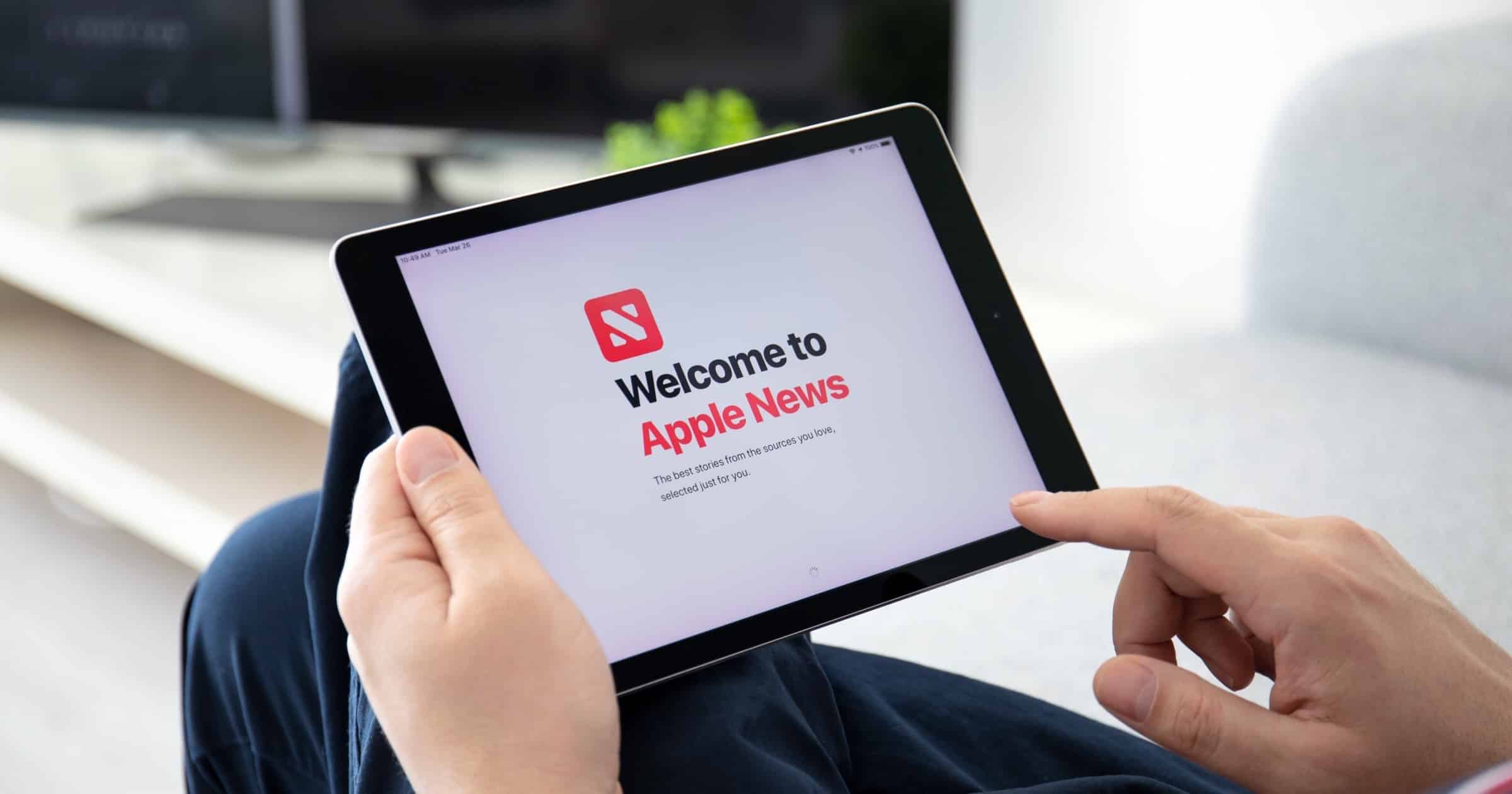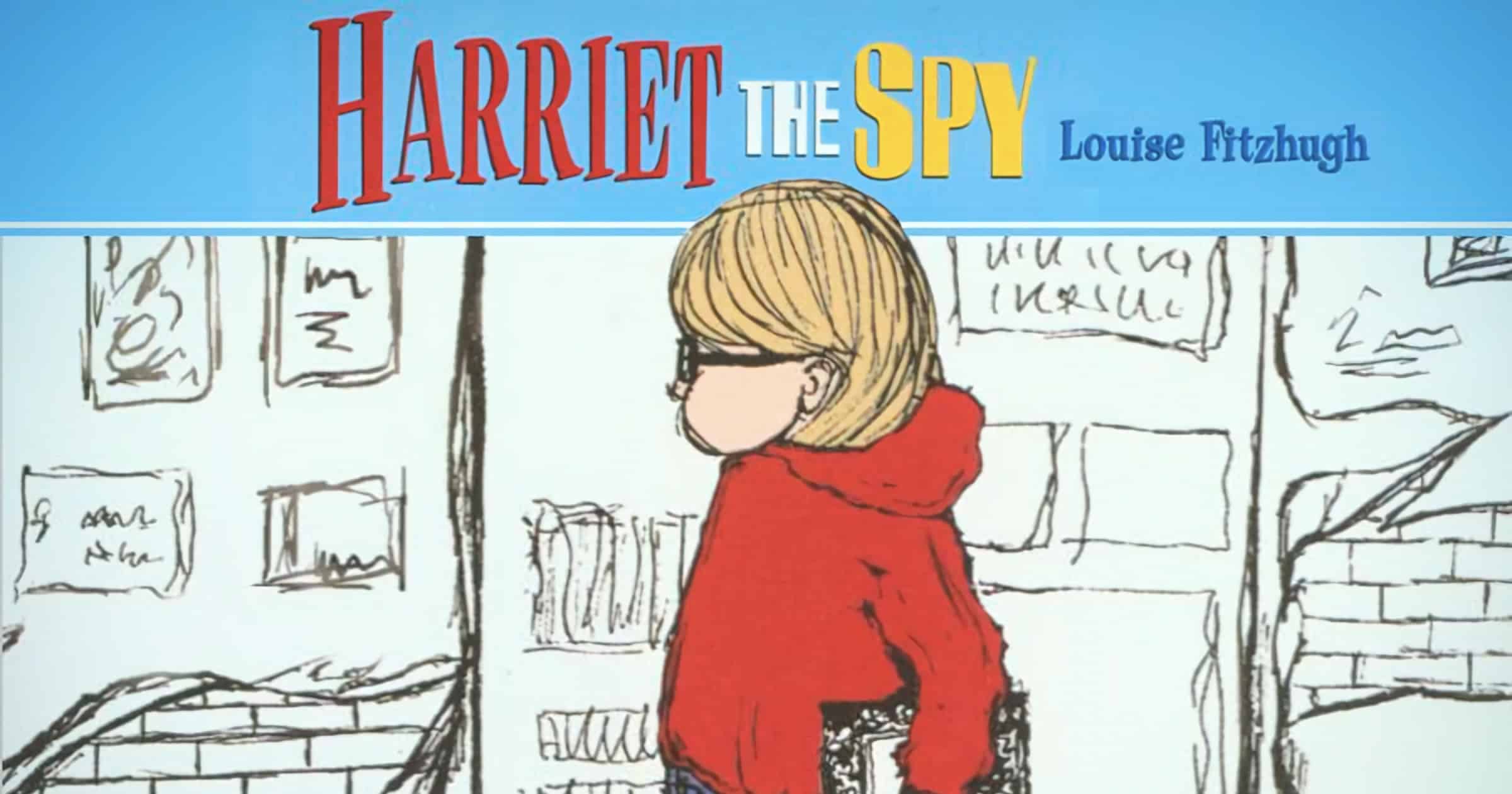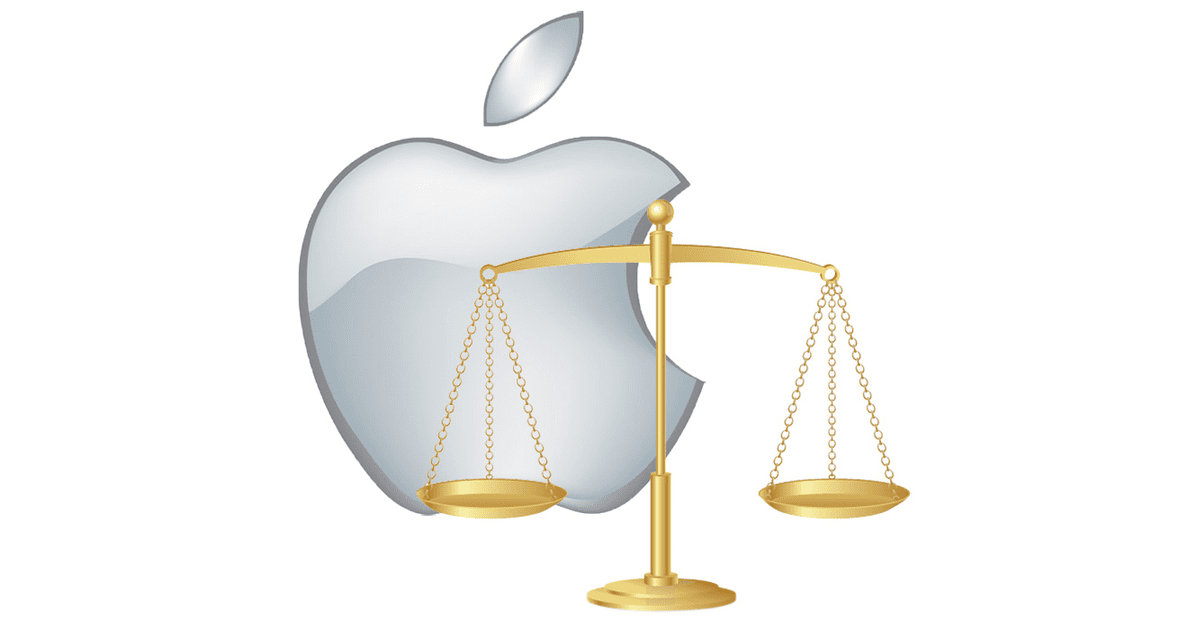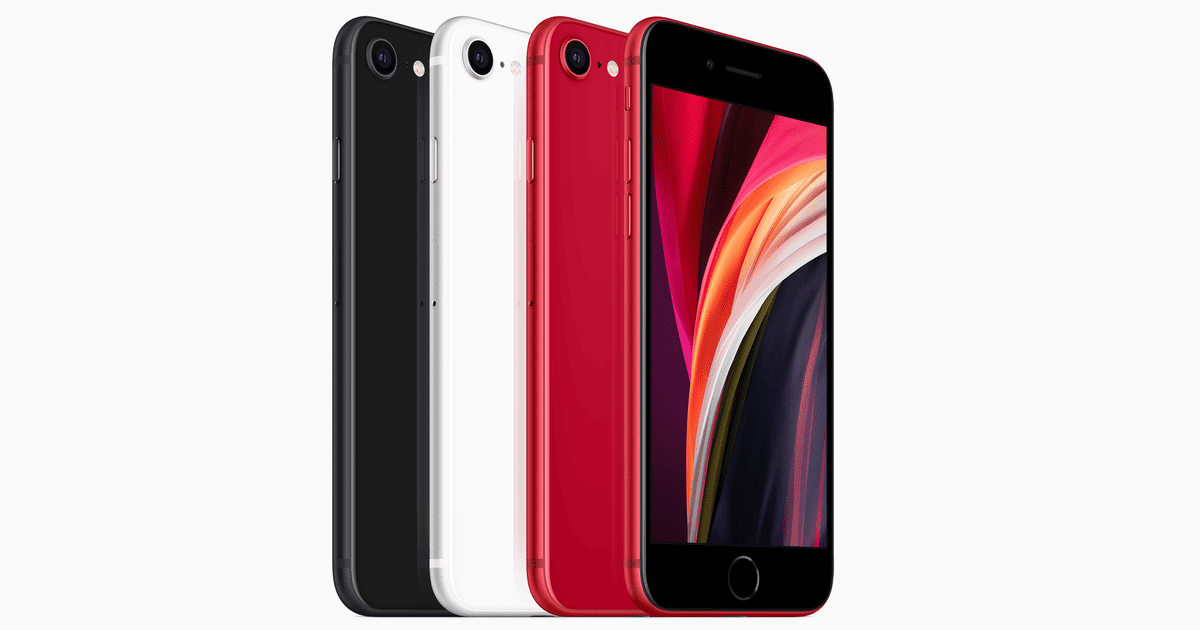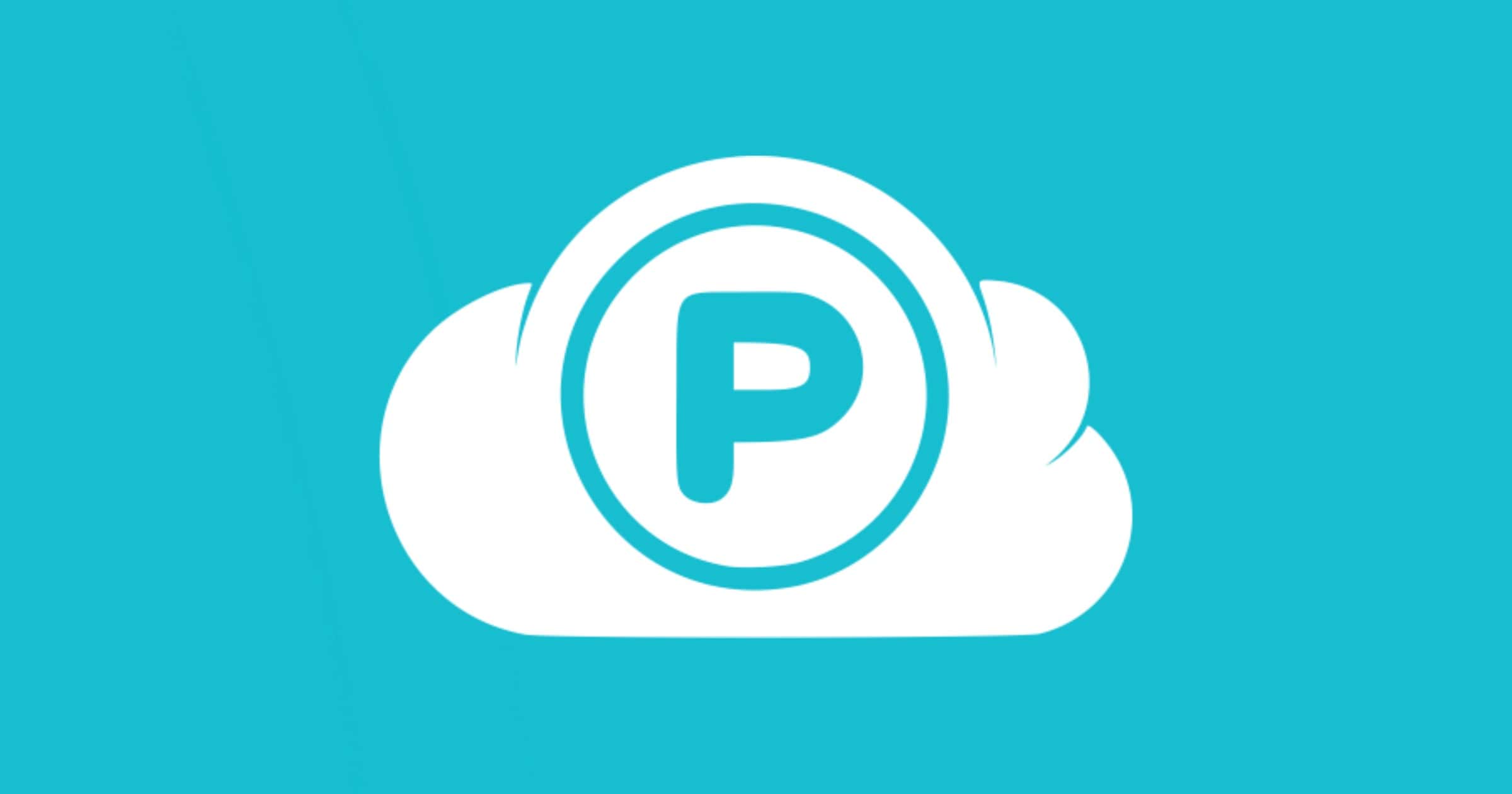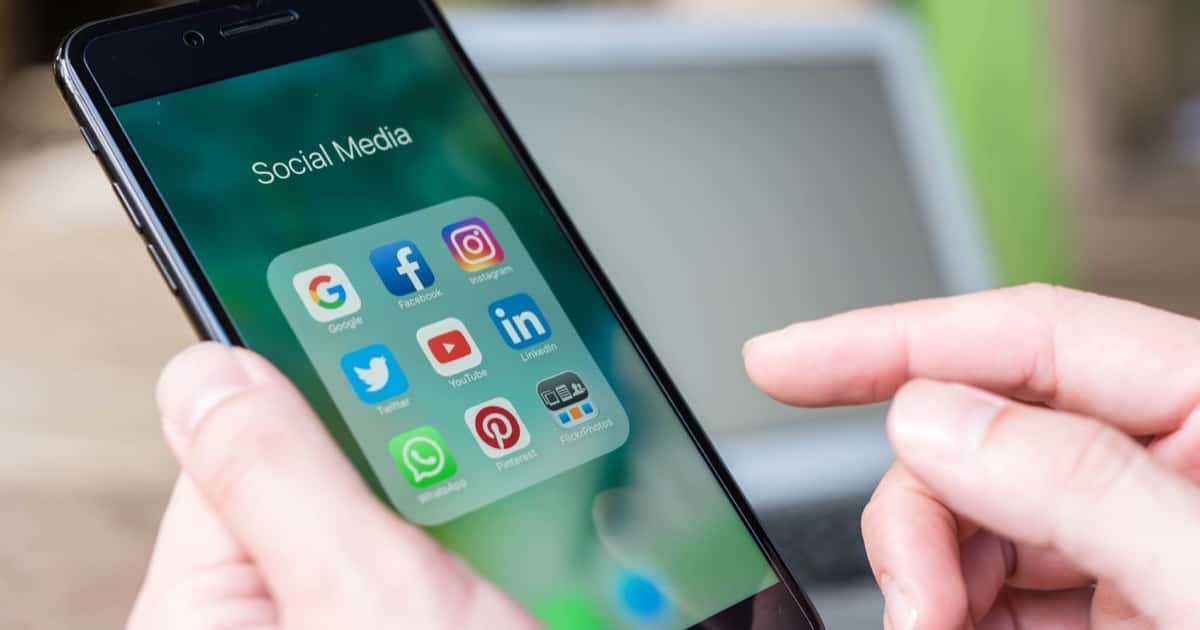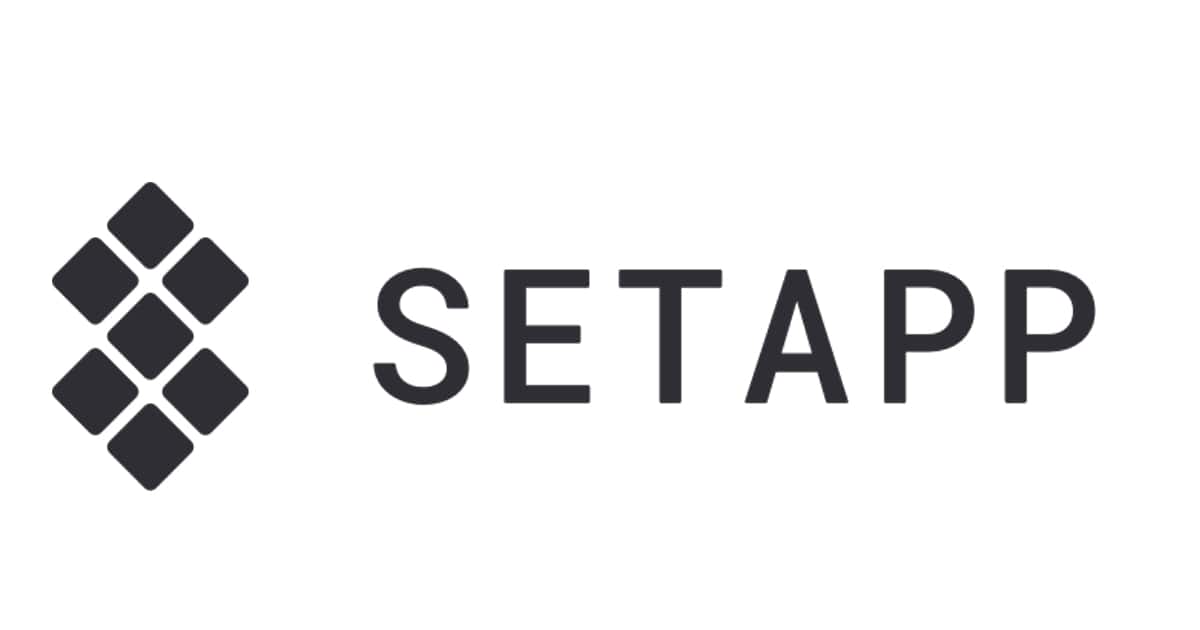The Wall Street Journal plans to stick around on Apple News, saying the partnership brings new readers to the website like young people.
macOS Big Sur, Like iOS 14, Redirects to Apple News+. Good.
A feature guiding users through a paywall to the News app for outlets included in an Apple News+ works inn macOS Big Sur, as well as iOS 14.
‘Harriet the Spy’ Coming to Apple TV+ Starring Beanie Feldstein and Jane Lynch
On Wednesday Apple announced a series order for “Harriet the Spy” an animated adaption of the children’s novel of the same name.
Mysterious Convenience, Weapons Grade Woz – TMO Daily Observations 2020-08-12
Charlotte Henry and John Martellaro join host Kelly Guimont to discuss new paywall behavior in Big Sur, and birthday plans for Woz.
Instagram Sued Over Illegal Collection of Biometric Data
Facebook-owned Instagram faces a lawsuit that accuses the company of illegally collects biometric data from users.
Virtual Reality Helps Japanese Tourists See The World During COVID-19 Pandemic
Much international travel is hugely restricted due to the COVID-19 pandemic. That’s not stopping some keen Japanese travellers though, Reuters reports. They are seeing the world with the help of virtual reality.
Inoue, 56, and his wife “flew” as clients of Tokyo entertainment company First Airlines, which is tapping into a growing virtual reality travel market for Japanese holidaymakers grounded by coronavirus restrictions. “I often go overseas on business, but I haven’t been to Italy,” he told Reuters. “My impression was rather good because I got a sense of actually seeing things there.” Grounded travelers sit in first or business class seats in a mock airline cabin where they are served in-flight meals and drinks, with flat panel screens displaying aircraft exterior views including passing clouds. Virtual reality goggles provide immersive tours at destinations including – as well as Italy’s cities of culture – Paris, New York, Rome and Hawaii.
Jury Rules Apple Owes Firm $506 Million in 4G LTE Patents Row
A jury in the Eastern District of Texas ruled Tuesday that Apple owes PanOptis $506.2 million for willful infringement of 4G LTE Patents.
APP SALE: Sci-Fi Game ‘Implosion’ is Free, Down From $10
A sci-fi game called Implosion just went on sale for free, down from its usual price of US$9.99. Twenty years after the fall of Earth, the remnants of the Human race are once again faced with extinction. The time has come to justify our existence. A mysterious life form known as the XADA squares off against humanity’s last weapon – the War-Mech series III battle suit. Features: Stunning console-quality graphics, first-class voice acting and Hollywood-grade audio production. Full orchestral scores masterfully mixed by Grammy Award winner and “The Lord of the Rings” trilogy engineer, John Kurlander.
Cheaper 4G 'iPhone 12' Could Launch in February 2021
A 5g ‘iPhone 12’ is expected in September, but some analysts think that early in 2021 a cheaper, 4G, version could be made available.
Steve Wozniak Celebrates Birthday in Very Woz Style
Steve Wozniak turned 70, and the Apple co-founder celebrated the milestone in typical Woz fashion – a joke about hexadecimal numbering.
‘Threema’ Now Supports End-to-End Encrypted Video Calls
Messaging app Threema announced on Tuesday that it now supports end-to-end encrypted video calls.
In order to ensure full end-to-end encryption of all metadata (including real-time metadata, such as camera orientation), our team had to make corrections to the widely used base technology “WebRTC.” This security improvement will be incorporated into the WebRTC project, meaning that countless other communication services benefit from our patch in the future.
The second part to that is great, about sharing it back to the project. You can find Threema on the App Store here.
pCloud Update Lets Users Decide Where Files are Stored
pCloud is an encrypted cloud storage service, and a recent update gave users the ability to decide in which server their files are stored.
All pCloud users will be able to choose the server location where their files are stored. This will give users greater control over the security of their files. Once the choice of where to store the data is made during registration – in the US or Europe – it is practically impossible to transfer them without the user’s knowledge or permission. Currently, the option to select the server location is available only to newly registered users.
Martin Scorsese at Apple, Mean Tim Cook – TMO Daily Observations 2020-08-11
Charlotte Henry joins host Kelly Guimont to discuss Martin Scorsese’s TV+ deal, and the ruthless efficiency of Apple CEO Tim Cook.
Apple Espionage Thriller ‘Tehran’ Series Premieres September 25
Apple revealed on Tuesday that its espionage thriller “Tehran” series will globally premiere on Apple TV+ September 25.
Newport Plus Adjustable Water Resistance Rower: $1,099
We have a deal on the Newport Plus Adjustable Resistance Rower. There’s no tech connection for this device, but it’s a cool rower that uses the properties of fluid to offer natural-feeling resistance to your rowing. It also has a maximum weight limit of 300 lbs. It’s priced at US$1,099 through our deal.
TikTok Facing New Data Probe in France
France’s privacy watchdog opened a probe into TikTok on Tuesday, Bloomberg News reported. The Chinese-owned video-sharing app is facing ongoing scrutiny of its privacy policies in Europe, alongside takeover talk in the U.S.
The French authority, CNIL, is looking at a number of issues, including how the company communicates with users and the protection of children, a spokesman said Tuesday. The questions are part of an investigation into TikTok’s plan to set up a European Union headquarters for data purposes. The EU’s data protection chiefs in June pledged to coordinate potential investigations into the Chinese company, establishing a taskforce to get a better understanding of “TikTok’s processing and practices across the EU.” The EU taskforce would also likely give the final decision on plans by the company to set up an EU base for data purposes in Ireland. This could mean that future probes would be led by the Irish data authority, which is already the lead privacy regulator for tech giants, including Google, Facebook Inc. and Twitter Inc.
Latest Version of Android Enables Earthquake Detection System
The latest version of Android includes a new worldwide earthquake detection system. Meanwhile, in California, Google is United States Geological Survey (USGS) and California Governor’s Office of Emergency Services (Cal OES), to provide earthquake alerts, reported Techcrunch.
The highlight of today’s release is surely Google’s new worldwide earthquake detection system and the new earthquake alerting feature it is launching for California. With this, Google is essentially turning your Android phone into a seismometer to create what the company says is “the world’s largest earthquake detection network.” The company argues that smartphone accelerometers are sensitive enough to measure the P-waves that are the first waves to arrive after an earthquake. Whenever the phone thinks it has detected an earthquake, it will send that info to a central server which then determines whether this was really an earthquake. For now, Google will only use this data to show information when somebody then searches for ‘earthquake’ or a similar keyword. Over time, though, it expects to be able to send out alerts based on these phone-based systems.
Facebook Meets With Advertisers Wary of iOS 14 Anti-Tracking
Representatives from Facebook have been meeting with mobile game companies concerned that iOS 14’s anti-tracking feature could affect their ad revenue.
Martin Scorsese Signs Multi-Year First-Look Deal With Apple TV+
Martin Scorsese will develop film and television projects that he will produce and direct for Apple TV+ in a new multi-year deal.
Facebook and Microsoft Take App Store Grievances to EU
Recent grievances against Apple from Facebook and Microsoft could feed into an EU antitrust investigation into the App Store.
VSCO Introduces New Video Tools and Kodachrome-Inspired Preset
VSCO launched new tools for its photo/video editing app on Tuesday, with a new preset and options to edit videos with speed and reverse.
Setapp Arrives on iOS
Setapp has rolled out on iOS, bringing the popular app subscription service to the iPhone, with seven apps initially available launch.
Physics Professor Dr. Brad Marston - BGM Interview
Dr. Brad Marston is a professor of physics at Brown University and Associate Director of the Brown Theoretical Physics Center. A graduate of Caltech, he received his Ph.D. from Princeton University and did postdoctoral work at Cornell University. Brad is an Alfred P. Sloan Fellow and is also an Apple developer.
Brad and I chatted about his computational and theoretical physics career. At Caltech, he attended physics classes taught by two of his heroes, the legendary physicists Dr. Richard Feynman and Dr. Kip Thorne. There, he developed his interest in quantum physics and computational models. Later, when he left Sun workstations behind, he adopted the UNIX-based Mac and Xcode as his tools of choice. That’s what he used to build his visual climate model, GCM, already compiled for Apple Silicon. Tune in and geek out with me and this amazing physicist and Mac guru.
Apple Card Customers Should Use Mastercard ID Theft Protection
There are a couple of benefits you can receive if you’re an Apple Card customer. One benefit is Mastercard ID Theft Protection.
